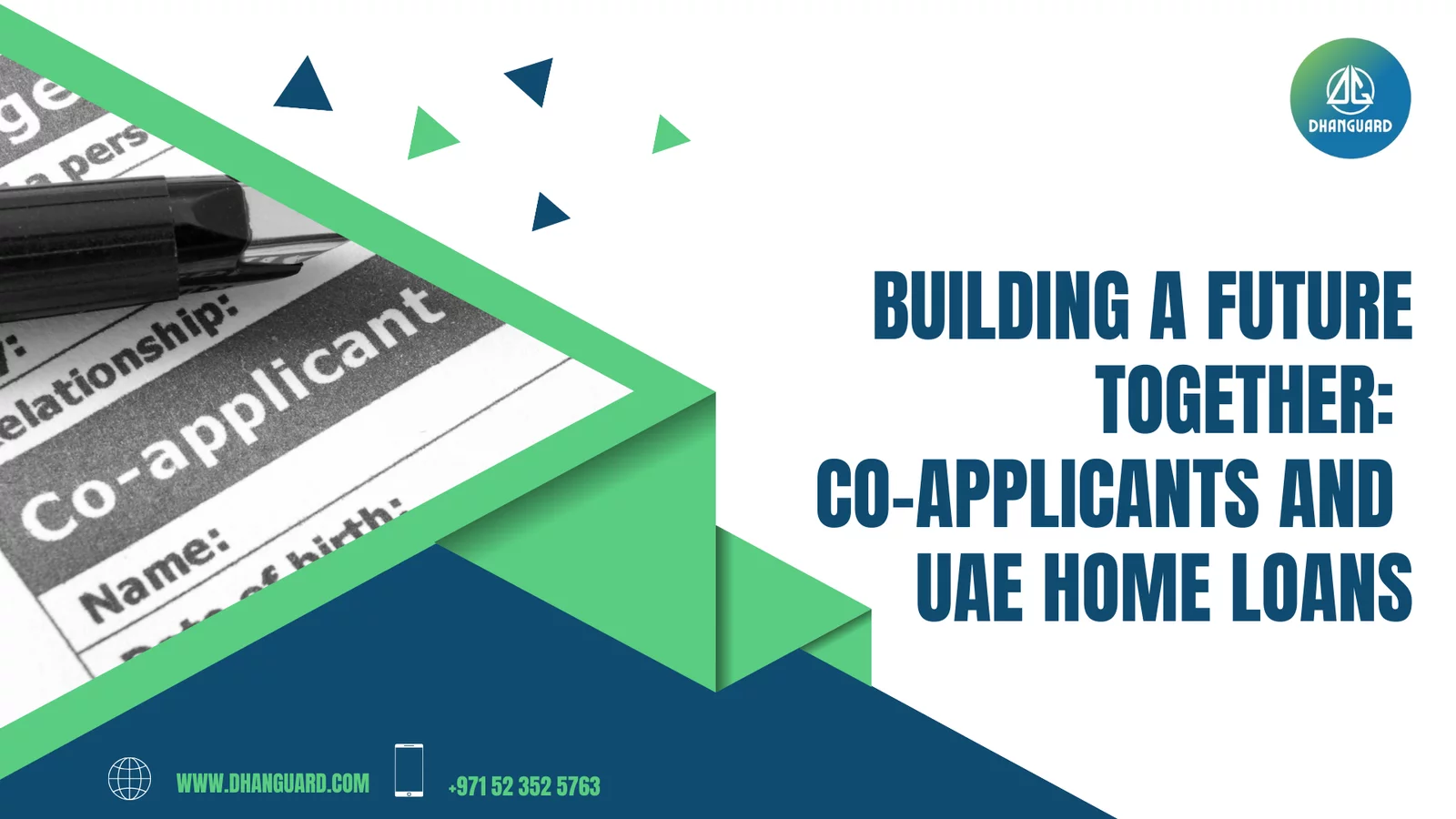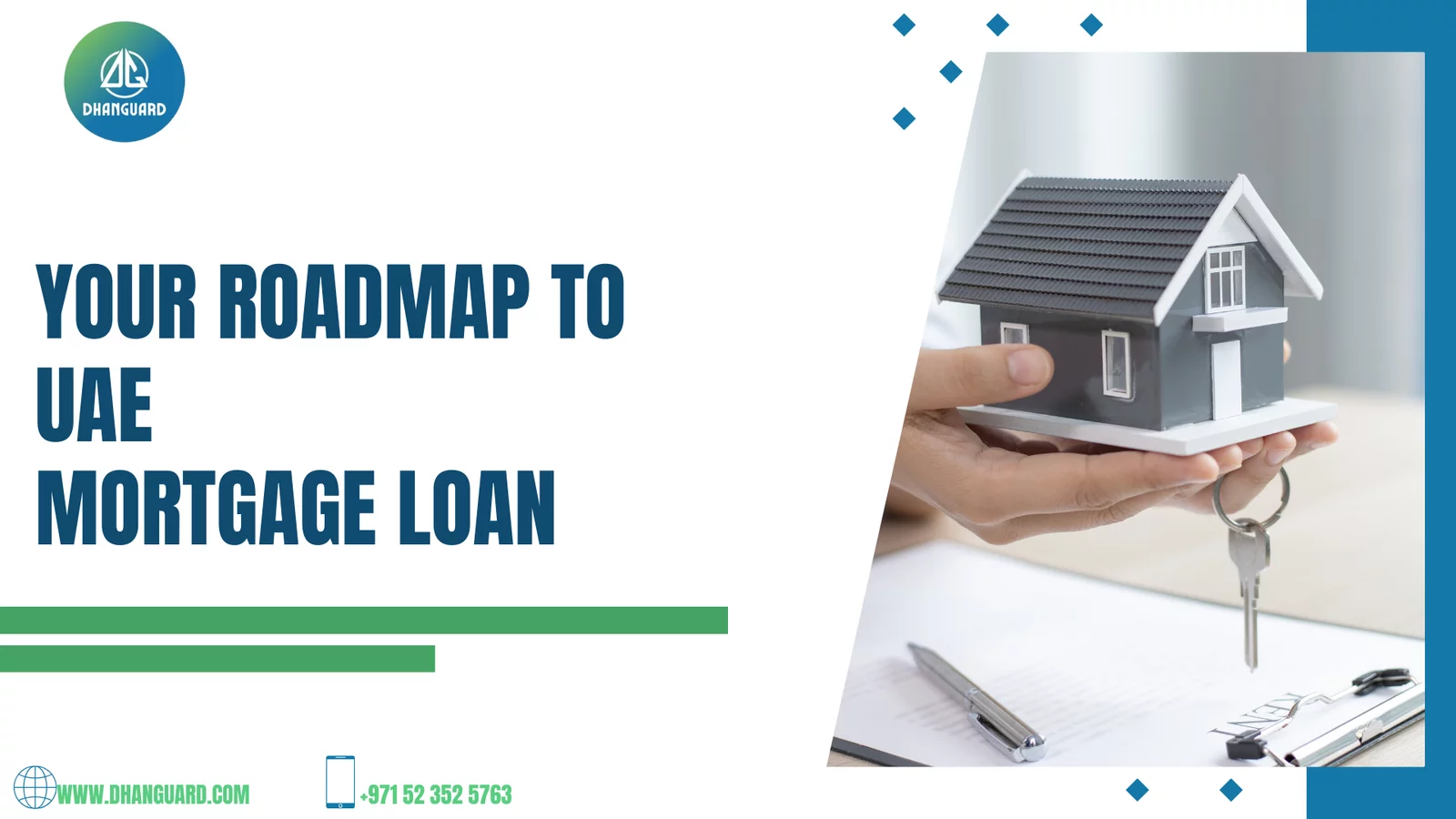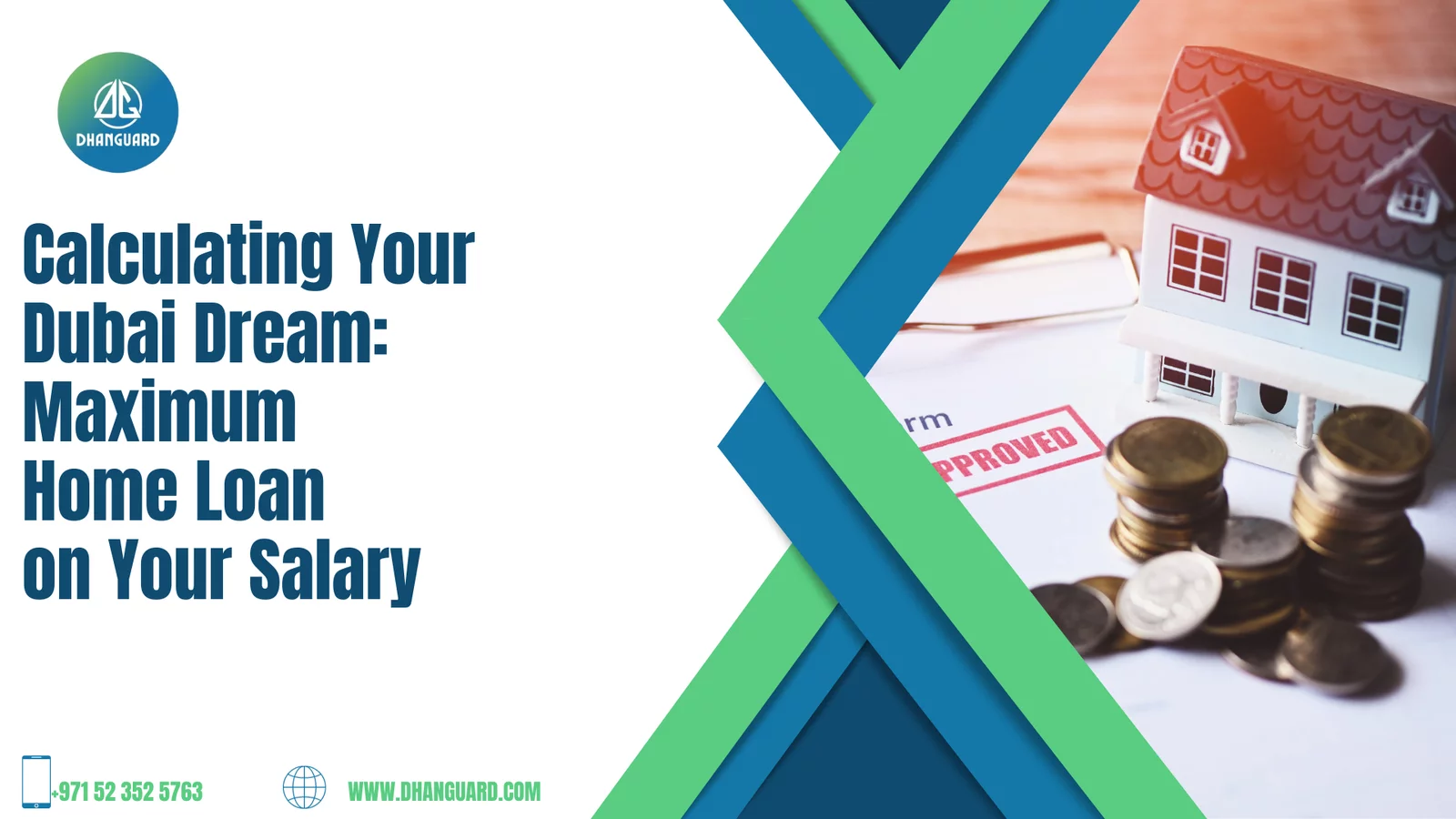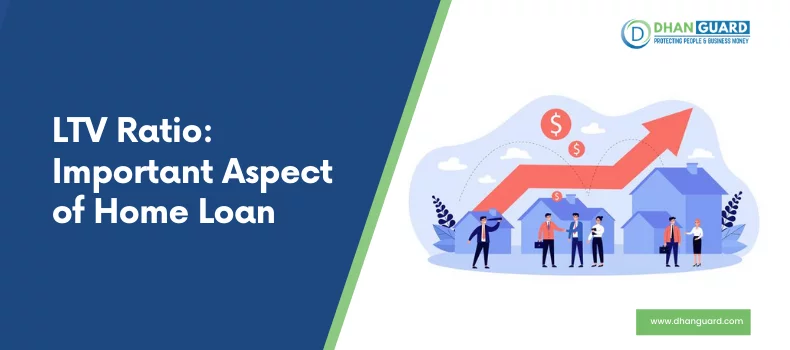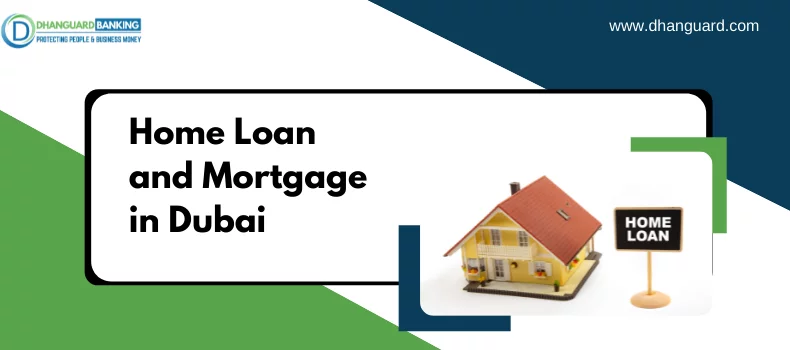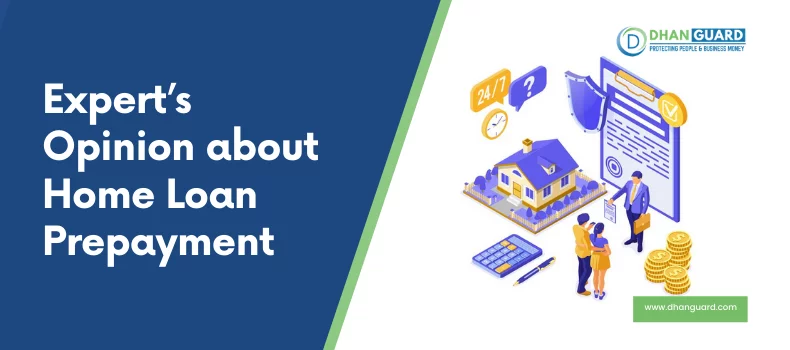A Reverse Mortgage is a type of loan, usually secured by a residential property, that enables the borrower to access the unencumbered value of the property The loans are typically promoted to older homeowners and typically do not require monthly mortgage payments
A reverse mortgage in a nutshell is a loan. A 62-year-old homeowner with significant home equity can borrow against the value of their property and receive funds in the form of a lump sum, a fixed monthly payment, or a line of credit. A reverse mortgage, unlike a forward mortgage, which is used to purchase a home, does not require the homeowner to make any loan payments.
Instead, when the borrower dies, moves out permanently, or sells the house, the entire loan debt becomes due and payable. Federal regulations require lenders to structure transactions such that the loan amount does not exceed the home's value and the borrower or borrower's estate is not held liable for the difference if the loan balance exceeds the home's value. A reduction in the home's market value is one way; another is if the borrower lives for an extended period of time
- A reverse mortgage is a form of loan that is available to seniors aged 62 and up.
- With a reverse mortgage, homeowners may turn their home equity into cash income without having to make monthly mortgage payments.
What Is a Reverse Mortgage and How Does It Work?
Instead of the homeowner making payments to the lender, the lender pays payments to the homeowner with a reverse mortgage. The homeowner has the option of receiving these payments in a variety of ways and only pays interest on the amount received. Because the interest is rolled into the loan total, the homeowner does not have to pay anything up front. The homeowner also retains ownership of the property. Over the course of the loan, the homeowner's debt grows and his or her equity shrinks.
A reverse mortgage, like a forward mortgage, is secured by the home. The profits from the sale of the home go to the lender to repay the reverse mortgage's principle, interest, mortgage insurance, and fees when the homeowner moves or dies. Any earnings from the sale that exceed the amount borrowed go to the homeowner (if he or she is still alive) or the homeowner's estate (if the homeowner has died). In some circumstances, the heirs may elect to pay down the mortgage and keep the house.
Types of Reverse Mortgages
There Are Four Types of Reverse Mortgages

- Home Equity Conversion Mortgage (HECM)
- Home Equity Conversion Mortgages for Purchase
- Proprietary Reverse Mortgages
- Single-Purpose Reverse Mortgages.
If you find the idea of a reverse mortgage appealing, understanding exactly how the loan works and what is required of the property owner is critical. You should consider each of the four types before deciding whether one works for you.
Home Equity Conversion Mortgage
The home equity conversion mortgage is the most prevalent (HECM). The HECM is the reverse mortgage that almost all lenders provide on homes worth less than AED 2812033, and it's the sort you're most likely to acquire, therefore this post will focus on it. You can look for proprietary reverse mortgage, if your property is worth more.
When you take out a reverse mortgage, you have six options for receiving the proceeds:
Lump Sum: When your loan closes, you'll receive the entire amount in one lump sum. This is the only option with a set rate of interest. The interest rates on the other five are changeable.
Equal monthly payments(annuity): The lender will make consistent payments to the borrower as long as at least one borrower remains in the property as their primary residence. A tenure strategy is another name for this.
Term payments: The lender makes equal monthly payments to the borrower for a defined length of time, such as ten years.
Line of Credit: A line of credit allows the homeowner to borrow money as needed. Only the amounts actually borrowed from the credit line are subject to interest.
Equal monthly payments plus a line of credit As long as at least one borrower resides in the home as a primary residence, the lender will make consistent monthly payments. The borrower can use the line of credit to get extra money at any time.
Term payments plus a line of credit: The lender makes equal monthly payments to the borrower for a predetermined length of time, such as ten years. The borrower can use the line of credit to get more money during or after the term.
A reverse mortgage known as a "HECM for purchase" can also be used to acquire a home other than the one you presently reside in. This form of mortgage, also known as a Federal Housing Administration (FHA) reverse mortgage, is only available through an FHA-approved lender.
To qualify for a reverse mortgage, you'll normally need at least 50% equity (based on your home's current value, not what you paid for it). Lenders have different requirements.
The Benefits of Reverse Mortgages
- You'll get quarterly payments or a line of credit from a reverse mortgage, which are normally tax-free.
- The lender is not owed any monthly payments.
- In most circumstances, you will have unrestricted access to your funds.
- Continue to increase your retirement savings.
- Borrowers and their spouses are allowed to stay in the house.
The Drawbacks of Reverse Mortgages
- Unless the borrower's heirs can repay the loan themselves, the borrower's home may have to be sold following the borrower's death.
- If the loan is not an FHA-insured HECM and the home's value when the loan is due is less than the loan total, the borrower or their heirs may be responsible for the difference.
- When the loan is due, anyone living in the house who is not identified on the loan documents may be forced to leave.
Conclusion
Life has its ups and downs. You might not have enough liquid assets to fund your retirement. Our purpose is to assist you in overcoming these obstacles. As we aim to assist you with a reverse mortgage solution to make your later years more comfortable, we sincerely care about you and your family.
Dhanguard has vast experience with a variety of mortgage products, including both traditional and reverse mortgages. We provide mortgage assistance to complete families. Even if reverse mortgages aren't the ideal option for their consumers, the bulk of reverse mortgage lenders will only provide them.
DhanGuard: All-in-One Solution for Business Setup in Dubai, UAE
DhanGuard is your ultimate one-stop solution for all your business needs. Whether you’re planning to set up a new company or expand your existing business in the UAE, we’ve got you covered with our comprehensive range of services. From Business Setup in UAE and Company Formation in Dubai to managing your financial and legal compliance, we provide everything you need under one roof.
Our services include:
- Company Formation in UAE and Dubai
- Opening a Business Bank Account in UAE and Dubai with a 99% success rate
- VAT & Corporate Tax Compliance
- Accounting, Bookkeeping, and Auditing Services
- Trade License Renewal
- Golden Visa Assistance
Let DhanGuard make your journey of Business Setup in Dubai seamless and hassle-free!






